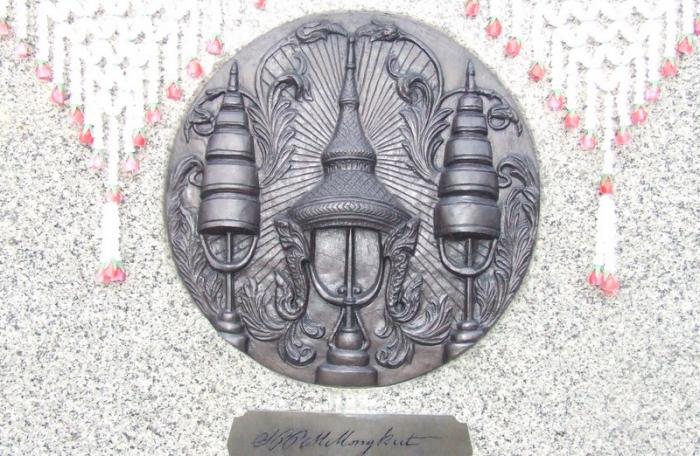Looking Back: When two kings sat on the throne

PHUKET: In July of 1824, King Buddha Loetla Nabhalai, Rama II, suddenly fell very ill. Not long after, he passed away. According to the palace’s succession law, the throne would have to pass on to the son of Queen Suriyendra, Prince Mongkut. Queen Suriyendra was King Rama II’s consort and according to Siamese royal tradition, only the sons of a royal consort can succeed as king.
Earlier in 1824, however, Prince Mongkut had been ordained as a monk. The young prince was inexperienced in politics and had little influence among the nobles of the time. Prince Jessadabodindra, although the son of a concubine, was much more powerful and had the support of the courtiers. He was older than Prince Mongkut and had been serving as the Minister of Trade and Foreign Relations during his father’s reign. When King Rama II died, a council of nobles immediately declared Prince Jessadabodindra as the King of Siam.
Prince Mongkut chose to stay in the monkhood after his half-brother’s coronation, in order to avoid political confrontation. As a monk, Prince Mongkut was known by his ordination name, Vajirayan. He travelled around the country, studying Buddhism with prominent monks of the day.
In 1833, Vajirayan became abbot of Bowonniwet Temple, located in what is now central Bangkok. During this time, he studied western sciences, Latin, English and astronomy. He often conversed for long hours with western missionaries and travellers and became very proficient in
English.
Prince Mongkut had a younger brother, Prince Chutamani. Like him, Prince Chutamani was also passed over as a candidate for the throne when King Rama II died. Unlike Prince Mongkut, who chose to remain in the monkhood during the entire reign of King Jessadabodindra, Prince Chutamani chose to enter into government service. He was given the title of Kromma Khun Isaret-rangsant.
Just like his brother, the young prince loved everything western. He was keenly interested in western mechanics, technology and science, and his proficiency in English was reportedly even better than that of his brother, Prince Mongkut.
The two brothers maintained a good relationship during their years as princes. On April 2, 1851, King Rama III passed away without naming a successor. Although he had at least 50 sons, none of the king’s wives had been raised to the status of queen.
Dis Bunnak, the minister of defense and one of the most powerful nobles during the time, suggested that the council of nobles invite Prince Mongkut to take the throne. After all, he was the son of King Rama II with a royal consort and was directly in line to succeed to the throne.
Stay tuned for part two of ‘When two kings sat on the throne’ to be published next month.
— Anand Singh
Latest Thailand News
Follow The Thaiger on Google News:


























